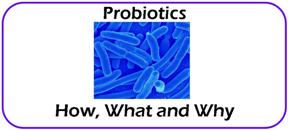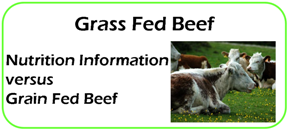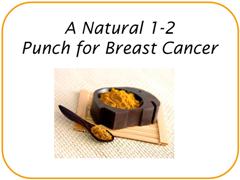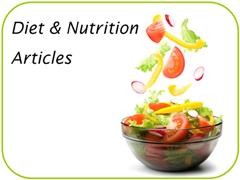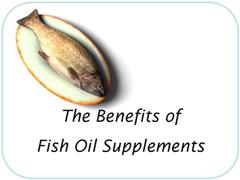|
Supplements for Healing - What the scientific research says you should take following trauma, injury, surgery or during cancer
Scientific research supports the use of nutritional supplements for healing. Specifically, there is extensive research on:
glutamine, and omega-3 fish oils Many of these studies are on patients in the Intensive Care Unit (ICU) of hospitals. It is important that patients and their families understand the importance of nutrition and supplements for healing and to reduce the risks of potential complications. And here's why everyone should discuss this with their healthcare providers:
In August 2011, a review by Paul Wischmeyer in Current Opinion in Anesthesiology makes an appeal to the medical community to use specific nutritional supplements during healing: "You must unlearn what you have learned." Here's what we know about nutrition in general during times of healing: Don't Wait to Eat The old practice of waiting for "bowel sounds" or passage of gas before allowing a patient to eat or drink is being replaced by new wisdom on the adverse effects of restricting nutrition following surgery. Studies show that waiting to allow patients to eat after surgery (sometimes for days) can worsen the healing progress of the patient, and even threaten survival. Patients who eat soon also enjoy shorter hospital stays, and reduced medical costs, on average. Even following gastrointestinal surgery (surgery of the stomach or intestines), when patients were fed early via a feeding tube, the risk of complications during healing was cut by half. Eating early seems to speed recovery and reduce risks of complications, while waiting to eat can impair normal bowel function so that bowel movements and stomach emptying are delayed when eating does resume. Don't Skimp - Especially on Protein Each increase by 1,000 calories in a patient's diet was associated with improved chances of survival after admission to an ICU. In addition, chances of survival were improved as protein intake increased. It's worth noting that the effects of calories and protein were selective for underweight and overweight patients. Those with a healthy body-mass index (BMI) did not show the same dependence on calorie or protein intake. As for specific nutritional supplements for healing, here are three that have been validated by scientific research: Arginine Arginine is an amino acid (protein building block used throughout the body) that has proven to be crucial for the immune system. Some patients experience arginine deficiencies following injury, surgery, or during cancer. The result is a dysfunction of the immune system, that presumably leaves patients vulnerable to illness. Approximately 12 grams of arginine daily:
Despite a grade A recommendation for arginine following surgery or injury, only approximately 1% of patients receive arginine after an operation. Arginine is not recommended for septic patients - also known as those with blood poisoning, or systemic inflammatory response syndrome (SIRS). Glutamine Glutamine is another amino acid widely used in the body. Specifically, glutamine is necessary for the body to mount an appropriate response to stress and injury... in cells, and the immune system as a whole. Glutamine deficiency is common in critically ill patients, and those having undergone surgery. Glutamine deficiency at the time of admission to an ICU is associated with a higher risk of death. The research most strongly supports the use of glutamine in patients who are receiving their nutrition intravenously (through an i.v.). Glutamine is associated with:
The optimal dose is 0.5 grams per kilogram of body weight spread throughout the day. Unlike arginine, glutamine has beneficial results in septic patients. Currently, physicians only routinely use glutamine in burn or trauma patients with a feeding tube despite the strong clinical research to support wide usage. Omega-3 Fatty Acids Omega-3 fatty acids such as those from fish oil benefit patients recovering from trauma, injury, surgery, and cancer. Its benefits are attributed to its anti-inflammatory properties. Inflammation is a common condition during and following surgery and critical illness. Results from clinical trials with fish oil are variable due to differences in doses, quality, and routes of administration. Using a continuous administration of EPA (fish oil) and GLA (borage oil) of 5 grams daily has had beneficial effects on patients on a ventilator. Use of omega-3 fatty acids:
With omega-3 supplementation, death within 28 days of being put on a ventilator was reduced by 49%. With mounting clinical evidence more and more physicians will begin to support our body's natural building blocks for the healing process. Unfortunately, these interventions are not yet commonly used. The majority of the research reviewed here was published between 1999 and 2011, so many of today's surgeons did not learn this information in medical school. Do you think the research supports the use of nutritional supplements for healing? Do you have a personal experience? Share your comments below. Return to
Natural Health Articles by Topic
from
Supplements for Healing
|








